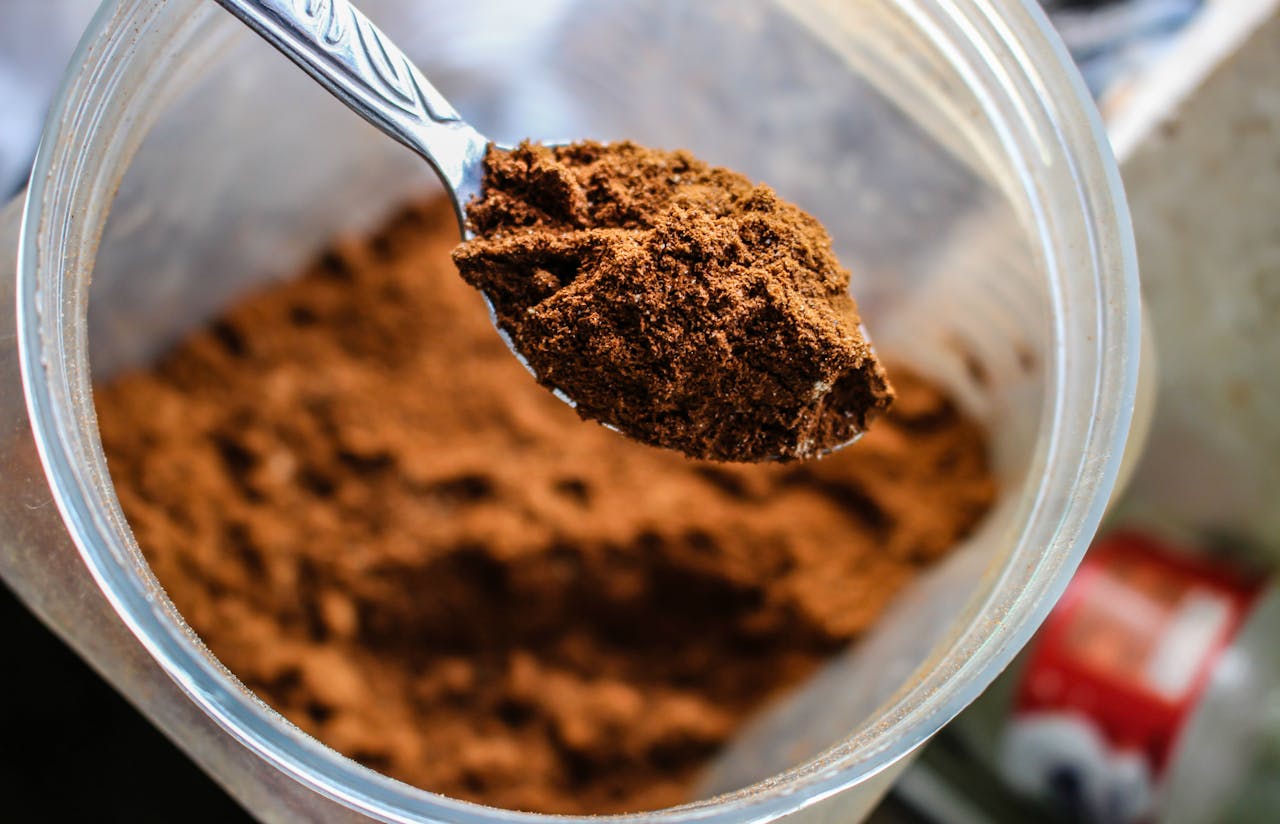The rising popularity of plant-based protein powders has come under scrutiny as a new study reveals concerning levels of heavy metals, including lead, in many products. According to research conducted by Consumer Reports, over two-thirds of the 23 tested protein powders and shakes contained lead in amounts exceeding the daily safe limit of 0.5 micrograms, a threshold determined by their expert panel.
In total, the study highlighted that plant-based protein powders showed alarming results, averaging nine times more lead than other protein powders on the market. This increase in heavy metal presence, particularly lead, indicates a growing health concern for consumers. Notably, the findings reveal that lead levels have risen since the last testing conducted 15 years ago by Consumer Reports.
The protein powder market is booming, currently valued at over $5.3 billion and projected to nearly double to $10.6 billion within the next decade, as reported by Future Market Insights. This surge is driven by a heightened consumer demand for protein-rich products, raising questions about their safety and nutritional impact.
While the presence of lead is alarming, experts advise against panic. The Consumer Reports study suggests that while many protein powders are safe for occasional consumption, continuous high exposure to lead can lead to serious health issues, such as reproductive problems, immune suppression, and kidney damage. “Chronic exposure to lead can cause a range of health issues, particularly neurological problems,” stated Jennifer Scherer, a registered dietitian and founder of Fredericksburg Fitness Studio.
According to food safety researcher and chemist Tunde Akinleye, it is advisable to limit daily use of protein powders. “We advise against daily use for most protein powders, since many have high levels of heavy metals and none are necessary to hit your protein goals,” he explained. Instead, individuals seeking to boost their protein intake can opt for whole foods such as tofu, tempeh, and beans, which provide nutritional benefits without the associated risks of heavy metals.
In light of the findings, it is essential for consumers to be mindful of their protein supplement choices. The risks linked to heavy metal exposure, particularly from plant-based powders, underscore the importance of being informed about product safety and nutritional content.
As the market for vegan protein continues to expand, awareness and education around the potential health risks associated with these products are crucial. The conclusions drawn from both Consumer Reports and the earlier study by Clean Label Project reinforce the need for consumers to approach their protein supplementation with caution and knowledge.
For those interested in maintaining a protein-rich diet, exploring high-protein vegan recipes and incorporating whole foods into meals can provide safer alternatives without compromising on nutrition.






































































